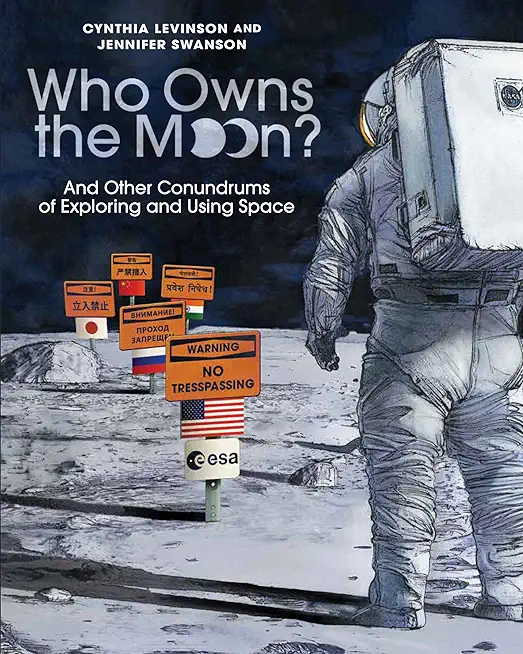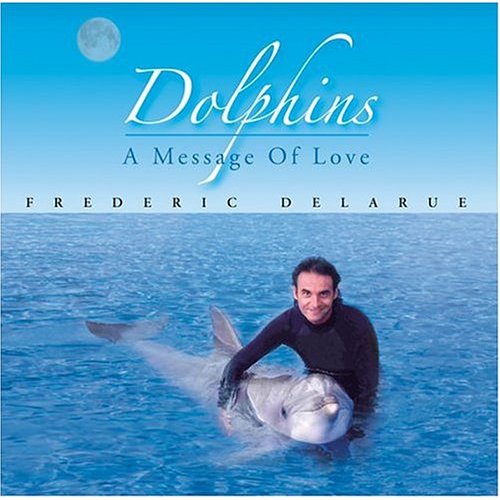
Why would most people endure unwanted or unsatisfying touch, rather than speak up for their own boundaries and desires? It's a question with a myriad of answers - and one that Dr. Betty Martin has explored in her 40+ years as a hands-on practitioner, first as a chiropractor and later as a Somatic Sex Educator, Certified Surrogate Partner and Sacred Intimate. In her client sessions, she noticed a pattern wherein many clients would "allow" or go along with discomfort or unease rather than speak up for what they wanted or didn't want. Betty discovered there was a major component missing for people -- the confidence that we have a choice about what is happening to us.
In her framework, "The Wheel of Consent(R)" Betty traces the fundamental roots of consent back to our childhood conditioning. As children, we are taught that to be "good" we must ignore our body's discomfort and be compliant: to finish our food even if we're full, to go to bed - even if we're not tired, to let relatives hug and kiss us even if we don't want to. We learn that our feelings don't matter more than what is happening, and that we don't have a choice but to go along, whether or not we want it.
As adults, this conditioning remains with us until we have an opportunity to unlearn it, which is why consent violations are often only called out after the violation has occurred - because we have not been taught or empowered to notice our boundaries, much less value or express our internal signals as the unwanted action is happening.
In this book, Betty guides the reader through the Wheel of Consent framework, and shares practices to help us recover the ability to notice what we want and set clear boundaries. While the practices are based on exchanges of touch, they can also be learned without touch. In these practices, we discover that the Art of Giving includes knowing our own limits so we can be more generous within those limits, and not give beyond our capacity - a common problem which creates feelings of resentment or martyrdom. We also discover that the Art of Receiving invites us to notice and ask for what we really want, and not just what we think we are supposed to want. This knowledge, and its embodied practice, is foundational for creating clear agreements and bringing more satisfaction into relationships.
While much of consent education focuses on noticing what we don't want, or prevention of violation, Betty has developed a "pleasure-forward" approach to teaching consent. By first accessing and awakening (sometimes re-awakening) our bodies' relationship to pleasure and what we want, we can practice noticing and verbalizing what we don't want. Such an approach provides a more holistic frame in which to unlearn the childhood conditioning that taught us to be silent and compliant, and in which individuals can learn to ask for what they want and state what they don't, in a more empowered way.
The implications of this approach to consent education extends beyond touch and intimate relationships. When we forget how to notice what we really want, we lose our inner compass. When we continue to go along with things we don't feel are right, we lose our ability to speak up against injustice. This has a profound effect on society. We allow all manner of inequality, corruption, theft of natural resources and our planet's future health - because "going along with it" feels normal.
The Wheel of Consent offers a deeply nuanced way to practice consent as an agreement that brings integrity, responsibility, and empowerment into human interaction, starting with touch and relationships, and further expanding our understanding of consent to social issues of equality and justice.







